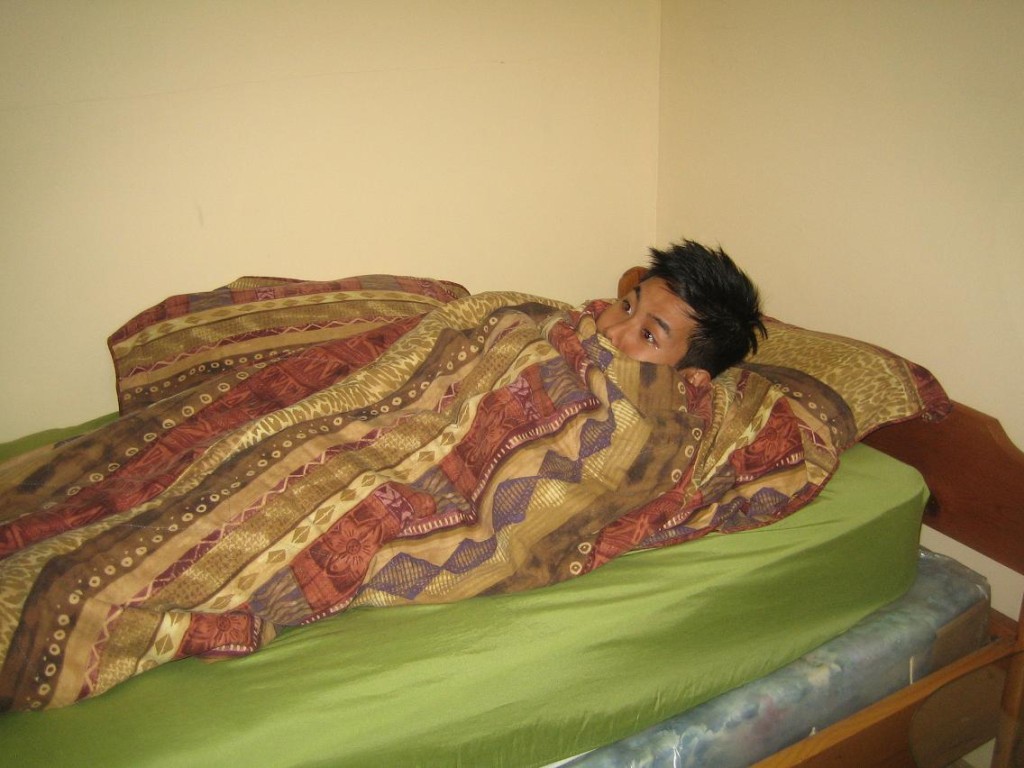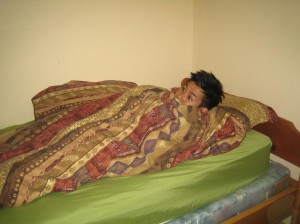Lymph nodes are small, bean-shaped organs responsible for filtering the lymph fluid. These nodes are found all over the body but the usual buildup are found right beneath the skin in the neck, groin region and under the arms.
Swollen lymph nodes or lymphadenopathy is characterized by nodes that are bigger and readily felt. Among healthy individuals, small nodes can be felt. If the swollen lymph nodes are tender or show indications of inflammation, it is called lymphadenitis. The lymph nodes in only one body region might be swollen or nodes in 2 or more body parts can be swollen.
What are the possible causes?
Since the lymph nodes are part of the immune response, various infections, inflammatory conditions and cancers are the possible causes. The most common causes include:
- Upper respiratory infections
- Infections involving the tissues close to the swollen lymph node
Oftentimes, the doctor could not determine the exact cause of the swelling but it subsides on its own without causing any harm.
The dangerous causes include the following:
- Tuberculosis
- Cancer
Fever or unexplained weight loss are some of the warning signs that necessitates medical care. - Human immunodeficiency virus (HIV) infection
Assessment
Not all individuals with swollen lymph nodes necessitate immediate evaluation by a doctor.
What are the warning signs?
Among those who have swollen lymph nodes, certain symptoms are a cause for concern such as the following:
- Nodes that are an inch or more in diameter
- Nodes that feels hard
- Nodes that drain pus
- Fever or unexplained weight loss
- Risk factors for HIV infection
When to consult a doctor
If a lymph node is painful or drains pus or other material, it is vital to consult a doctor right away. Among those who have no warning signs and otherwise feel well, he/she can wait for a week or so.
What to expect during a consultation?
The doctor will ask about the symptoms and medical history that is followed by a physical examination. The findings often indicate the cause of the swollen lymph nodes and the necessary tests to be carried out.
The nodes that are hard, evidently enlarged and do not move if pushed might be an indication of cancer. Redness, tenderness and warmth in a single lymph node might indicate an infection.
Management
The treatment is focused on the cause. The swollen nodes are not treated except if a bacterial infection is suspected. In such cases, a trial of antibiotics is administered to check if the swelling subsides.


